Hello, I've got 2 hours before work is done, and I'm too lazy to do anything productive so I'll write this quick post discussing the Indian Question in South Africa. It makes me sad that I even have to write this post because I love all races and I want to live in a multicultural rainbow nation. Unfortunatey, there are some people who are more concerned about tribal in-group bias than unity.
Indians in South Africa
As you can imagine, Indians are not native to South Africa. Yet the country has an Indian population of close to 1.7 million. Furthermore, the South African city of Durban is one of the largest ethnically Indian-populated cities outside of India.
Indians first arrived in South Africa in 1860, during the country's colonial era. The first lot of Indians (approximately 342 of them) were brought in on a ship called the Truro, and the intention was to use the Indians as indentured workers on sugr plantations in the province of KwaZulu-Natal. Indians were originally taken from Calcutta and Madras, but eventually labour was taken from other areas of India as well. Colonial workers generally didn't give a shit about keeping proper records. Consequently, many Indian last names in South Africa are corruptions of their proper Indian last names.
Under Apartheid, Indians were subordinated, though they enjoyed better treatment than the Blacks did. Due to forced removals, Indians were forced into their own ghettoes. It is during this time that Indians started gaining the reputation of being "Jew-ish". Much like Jewish populations, they formed insular communities, small businesses, and they stopped relying on the government for services, instead building their own schools and temples. To this day, Indian-built schools produce some of the best students in the country. Consequently, a lot of wealth accumulated within Indian communities, which naturally attracted jealousy.
Anti-Indian Racism in South Africa
Anti-Indian discrimination was certainly present during Apartheid, and it was not uncommon for Indians to be referred to using the racist term "coolie". Blacks were also racist towards Indians, and this is seen through the Durban riots of 1949 in which South Africans took to the streets to loot Indian businesses, stone Indian vehicles, and break into homes. The riots, which lasted for days, were extremely violent and involved acts of assault, r*pe, and murder. In total, 142 Indians were killed, and there were several suicides following the riots due to families being destroyed. This marks the second-deadliest massacre during Apartheid.
Naturally, one would question why the massacre happened. It's generally theorized that there was already animosity between the Indian and Black populations in Durban, and this peaked on January 13 when Harilal Basanth, a 40-year-old Indian shop-owner, smashed 14-year-old George Madondo's head into a shop window.
Do not see Indians as eternal victims, however. It's also important to note that violence during the riots wasn't one-sided and several Zulus were assaulted by Indians. Furthermore, they created the racist term "bululu" to refer to Black people. There's a new term for chuds who want to fine-tune their racism.
The EFF and the Indian Question
Post-Apartheid, South Africa has dealt with problems of racism, but for the most part, ordinary South Africans get on with life in a multicultural society in a mostly peaceful manner. Problems arose in 2018 when the South African communist party called the Economic Freedom Fighters (EFF) raised the Indian Question. The EFF is led by Julius Malema, who many have foolishly been led to believe is South Africa's president. No! He was the head of the ANC's Youth League (the ANC is the African National Congress which is South Africa's ruling party since democracy was instated in 1994). During his time in the Youth League he showed himself to be a hothead not afraid to speak his mind. Here he is telling a mayo BBC to frick off with his "white tendencies".
He proved too much of a hothead to be controlled by the ANC, and he eventually formed his own party, the EFF. In the 2024 elections, they earned 10.80% of the votes. In 2018, he declared that the majority of Indians are racist.
This was met with pushback from the media and the Indian population who declared that Malema is being racist. As it usually does, the party did not back down and instead released a long statement addressing the "Indian question".
The Chairperson also released an explosive article defending Malema's comments on Indian people. Some choice quotes:
It is a historical fact that Indians arrived in the political territory we call South Africa today as indentured labourers from 1860 onwards. This automatically disqualifies them as indigenous South Africans in the same way whites, who had arrived earlier than the indentured labourers are not indigenous Africans.
Indians were brought to South Africa during the indigenous Africans Wars of resistance, and there is no record that they fought on the side of Africans. On the contrary, prominent Indian leaders like Mahatma Gandhi recognised and worshipped the colonial empire and spread ideological and political gibberish that "whites and Indians were bonded by an Aryan bloodline that had no place for the African" as empirically proved in the book The South African Gandhi: Stretcher-Bearer of Empire by Desai & Vahed, 2015. The intellectual honesty that defined these two authors while writing about Gandhi's racism escaped one of them in the immediate aftermath of calling out the Momoniat racism.
Even though Indians and whites make up the smallest sections of the population, combined they own and control more land, deciding on the racial and apartheid spatial planning. It is one thing to expose and reflect on already existing racial divisions, and it is another to divide a country that is already racially divided. All the EFF has done since its formation in 2013 is to expose these societal contradictions. It is not possible to further divide such a deeply divided country, but we can only move towards eradicating such inequality by honest and frank engagements.
There are many instances of reported anti-African racism from the Indian community in the stores, workplaces, homes, schools, which do not get reported on. Those who are recipients of Indian racism are often of subjugate economic standing and as stated in the perspective here, economic subjugation of the African majority is the root cause of anti-African racism from both white and Indian communities.
Pushback came in strong:
and even this annoying DEAD cuck Eusebius McKaiser decided to comment.
Conclusion
Unfortunately, racial relations between Blacks and Indians have not improved and in 2021, there were more riots that resulted in 20 deaths. Clashes between Blacks and Indians took place in the suburb of Phoenix.
So what do you think? Are Indians in South Africa victims of anti-Indian racism? Or do Blacks have genuine reason to fight against Indians? I'd love to hear your opinion. Sorry for the relatively shitty post.


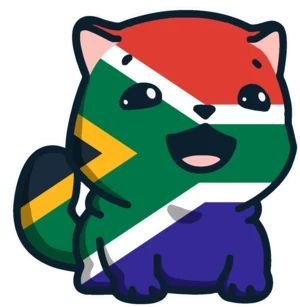
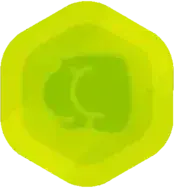


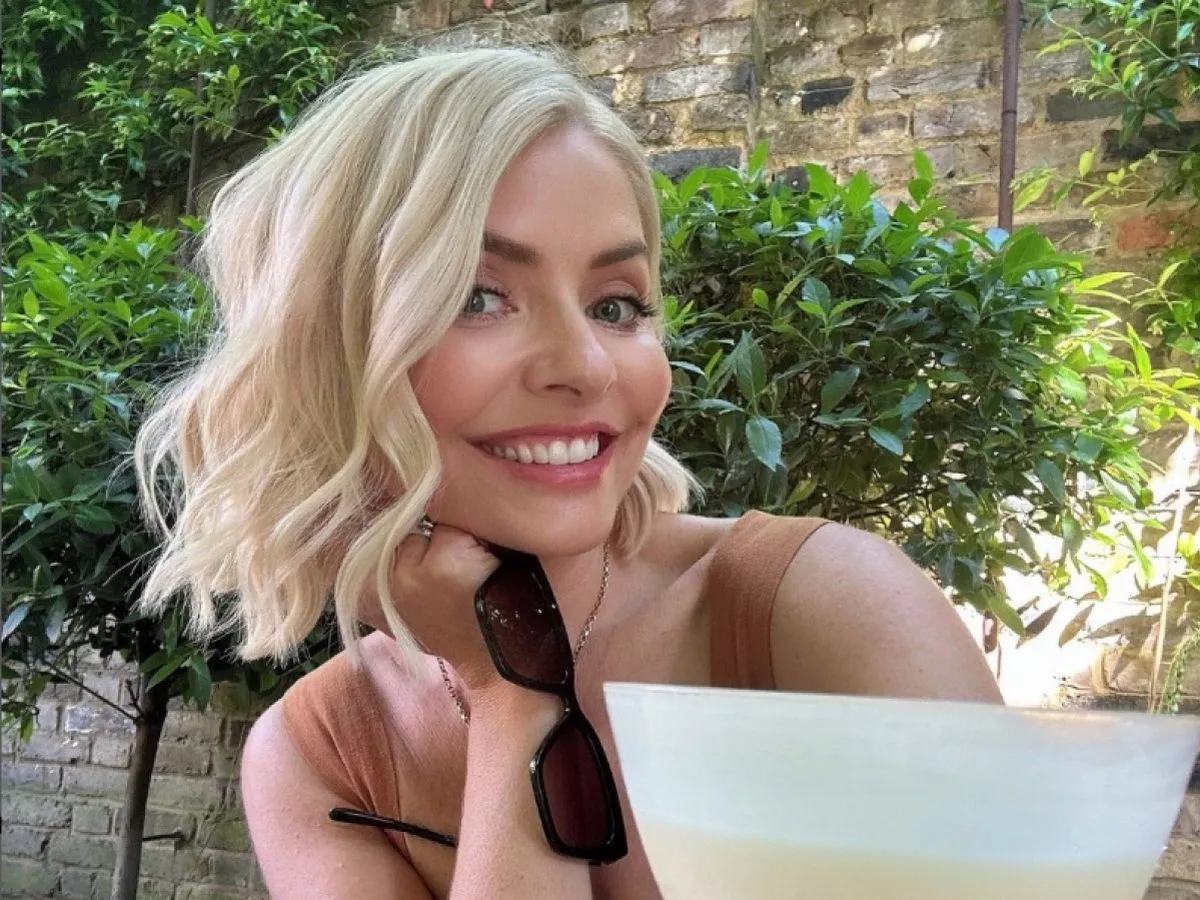
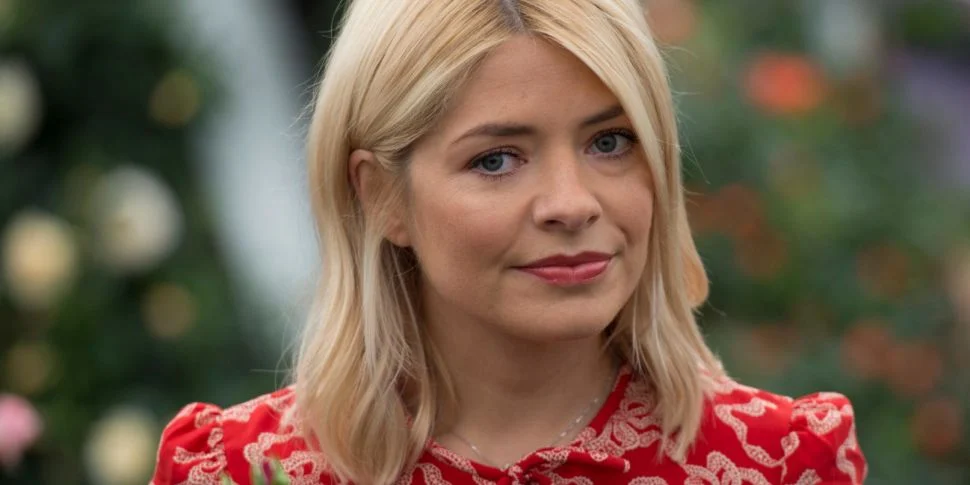
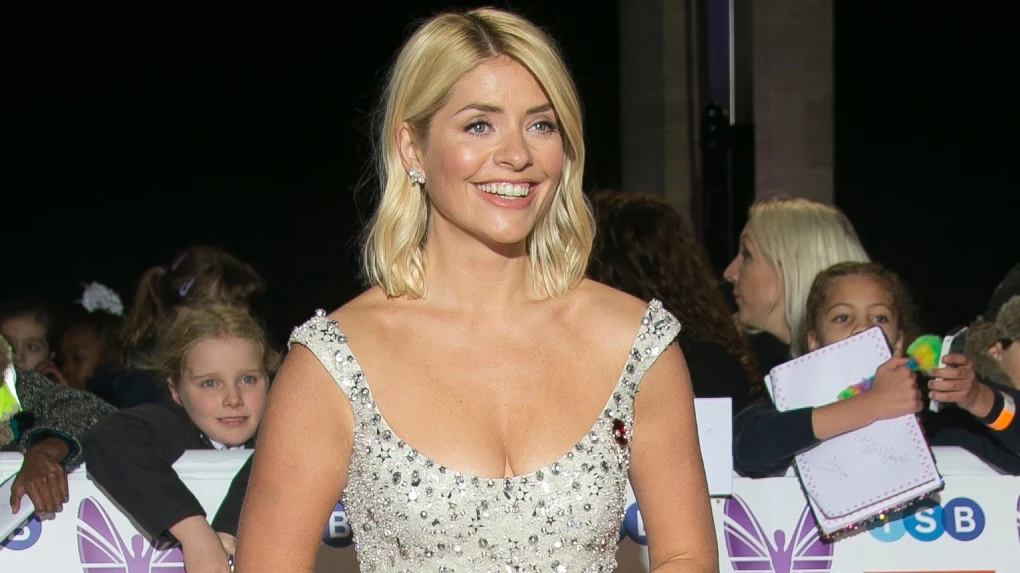




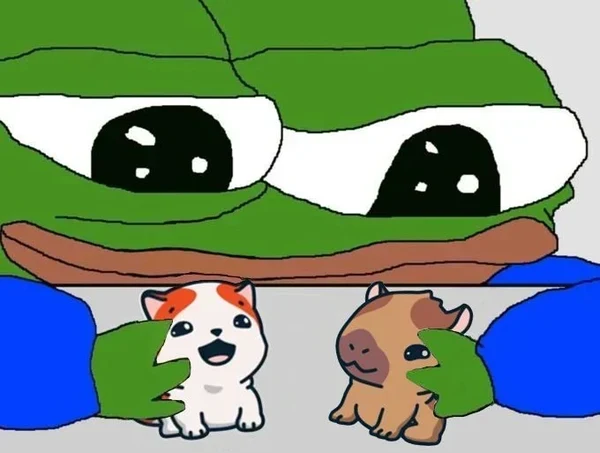
Jump in the discussion.
No email address required.
your posts are never shitty, even relatively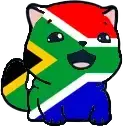
Jump in the discussion.
No email address required.
More options
Context